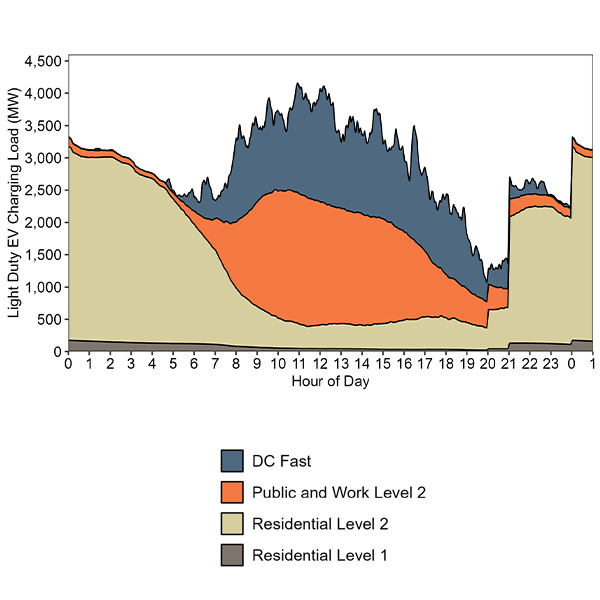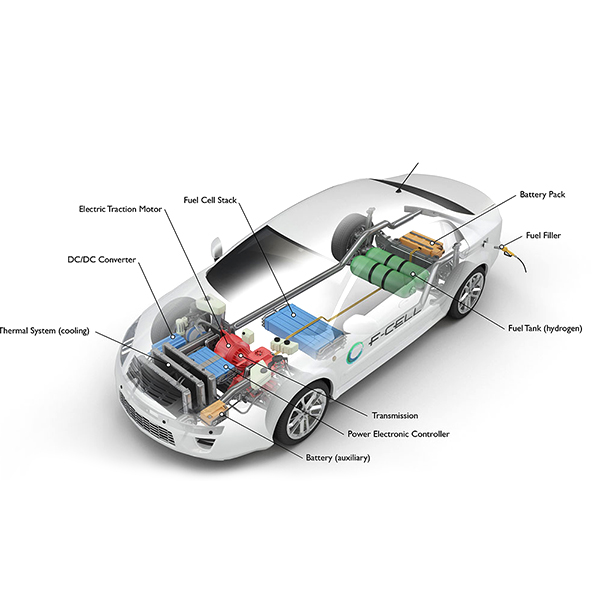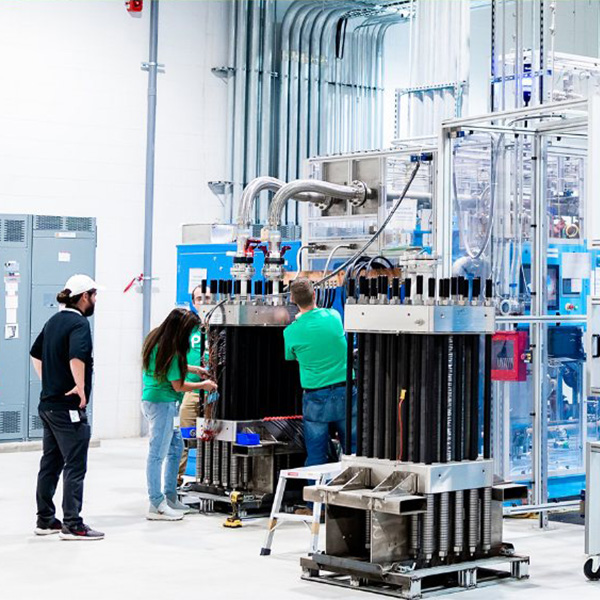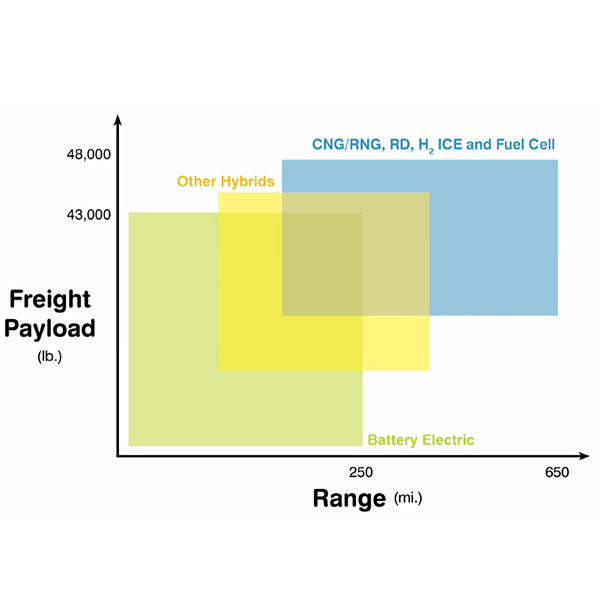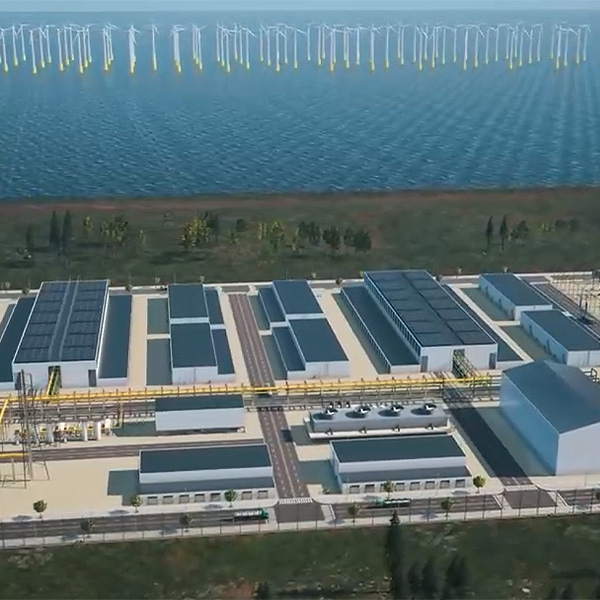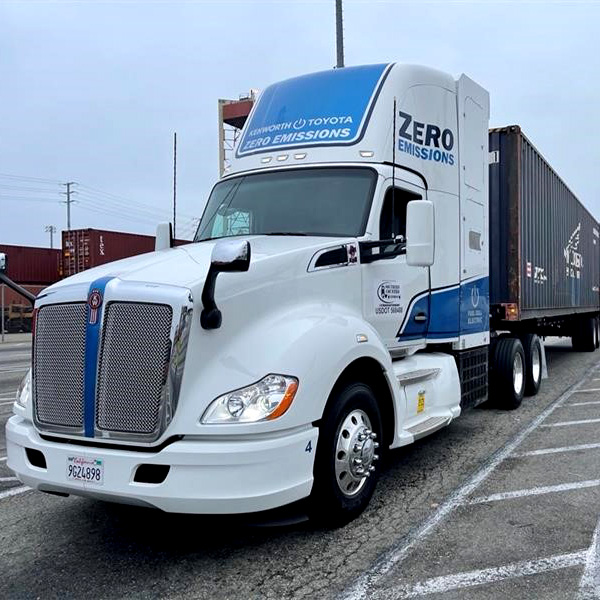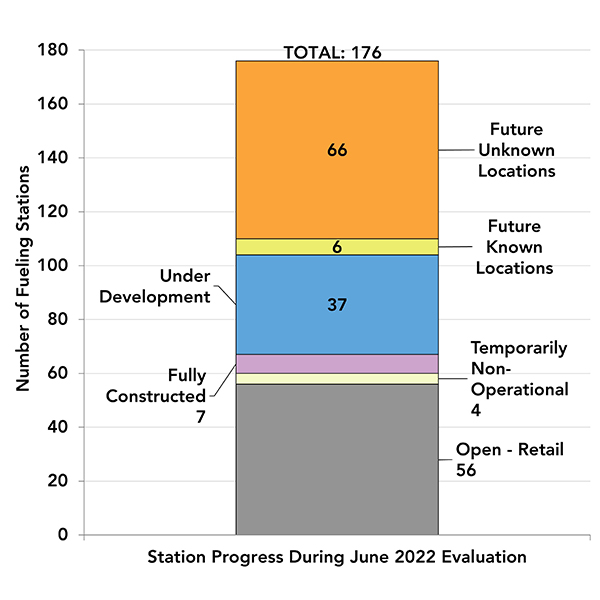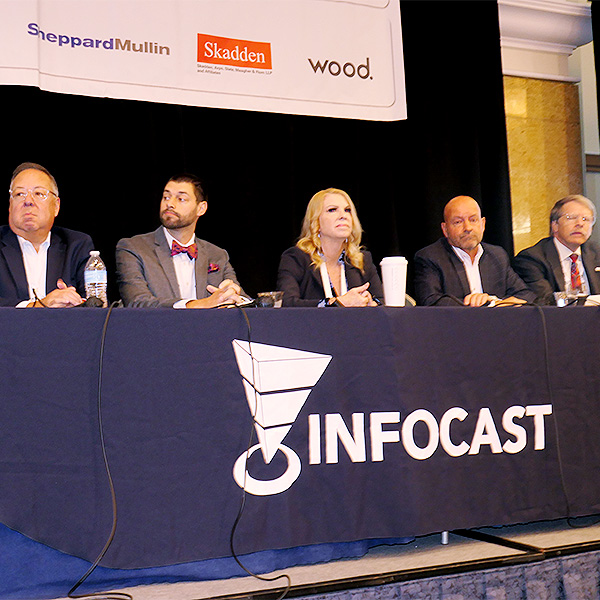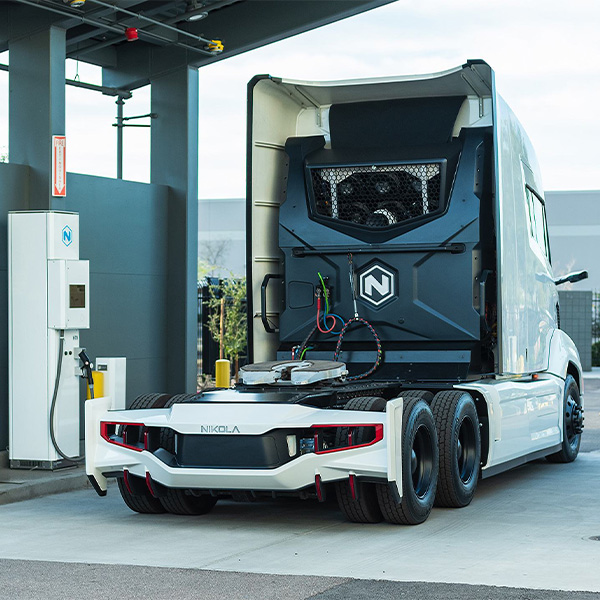fuel cell electric vehicles (FCEVs)
California will need to double its public EV charging infrastructure between 2030 and 2035, according to a new report by the state's Energy Commission.
A New Jersey report focuses on the development of hydrogen fuel cell electric vehicles as an alternative to battery-powered EVs for long haul heavy-duty trucks, buses and other industrial vehicles.
Plug Power posted a first-quarter loss of $206.6 million but still has cash on hand for ambitious expansion of hydrogen-related projects.
The North American Council for Freight Efficiency has concluded that hydrogen will be a factor in long-distance heavy-duty trucking.
The emerging producer of fuel cells, electrolyzers and green hydrogen may have a Wall Street credibility problem.
A more than year-long test of 10 hydrogen-fueled semitrucks demonstrated that the vehicles can perform roughly equally with their 5-year-old diesel equivalents.
Growth in the number of hydrogen fueling stations accelerated in California, but the state is likely a year behind on its 100-station goal.
$8 billion in funding for hydrogen hubs is "a start" but won't solve all the challenges the industry faces, panelists said at Infocast’s Hydrogen Hubs Summit.
A "first-of-its-kind" California program to incentivize medium- and heavy-duty ZEV infrastructure is now accepting applications for hydrogen fueling projects.
A price increase for certain Tesla models has made them ineligible for Calif.’s clean vehicle rebate incentives, potentially slashing demand for the incentive.
Want more? Advanced Search
